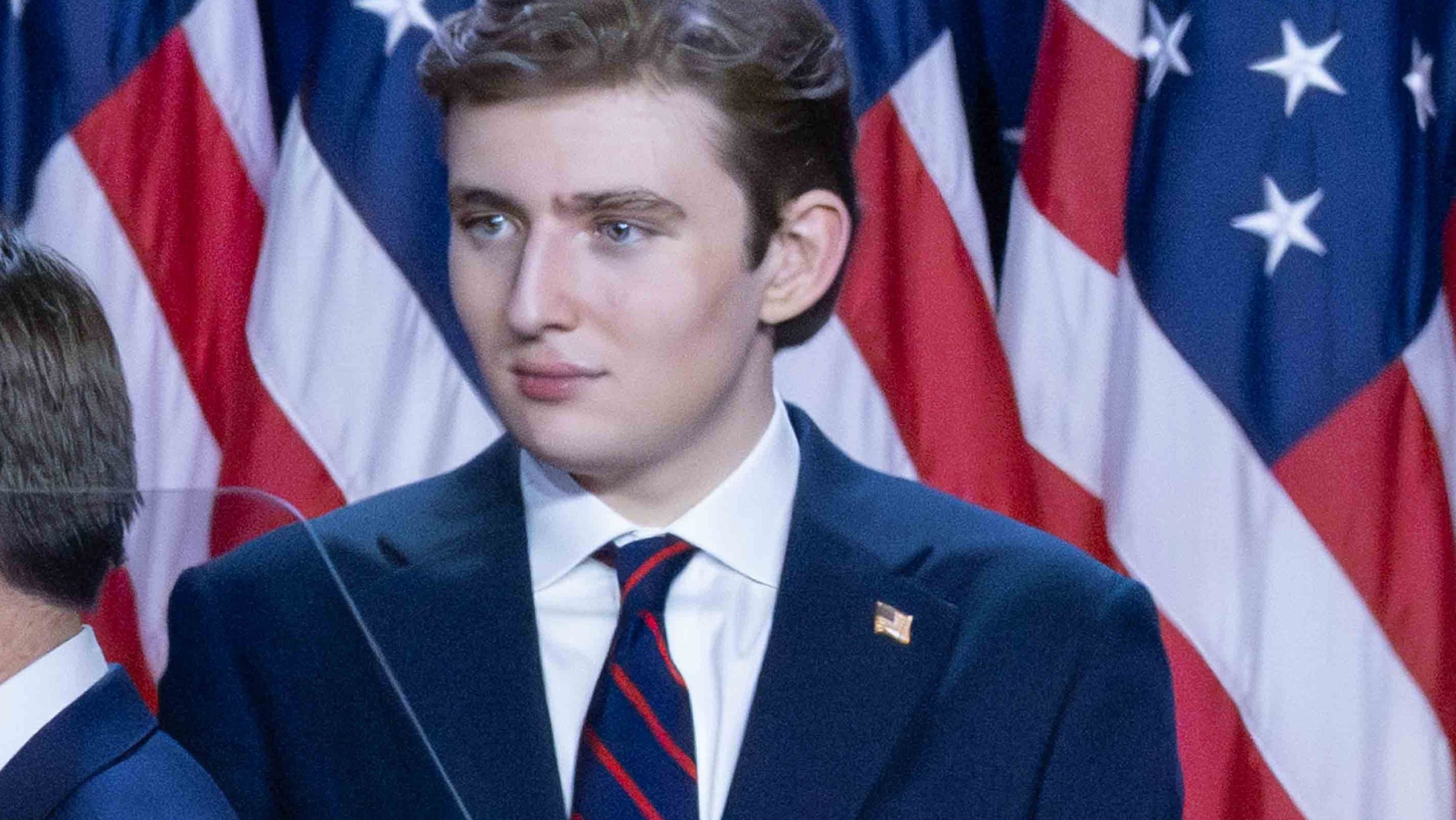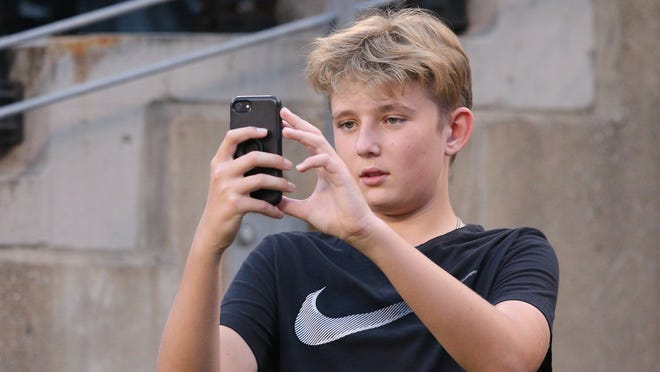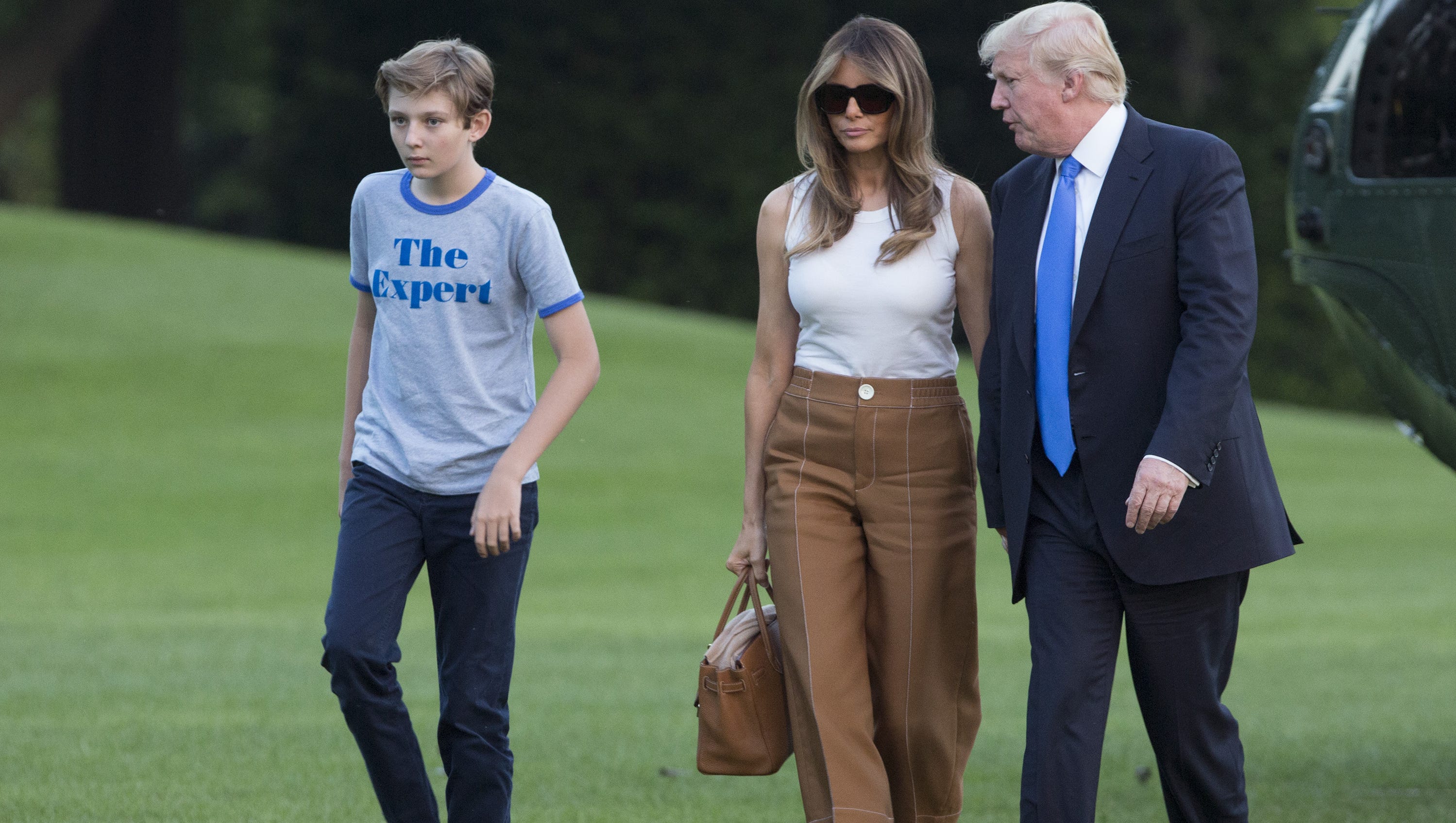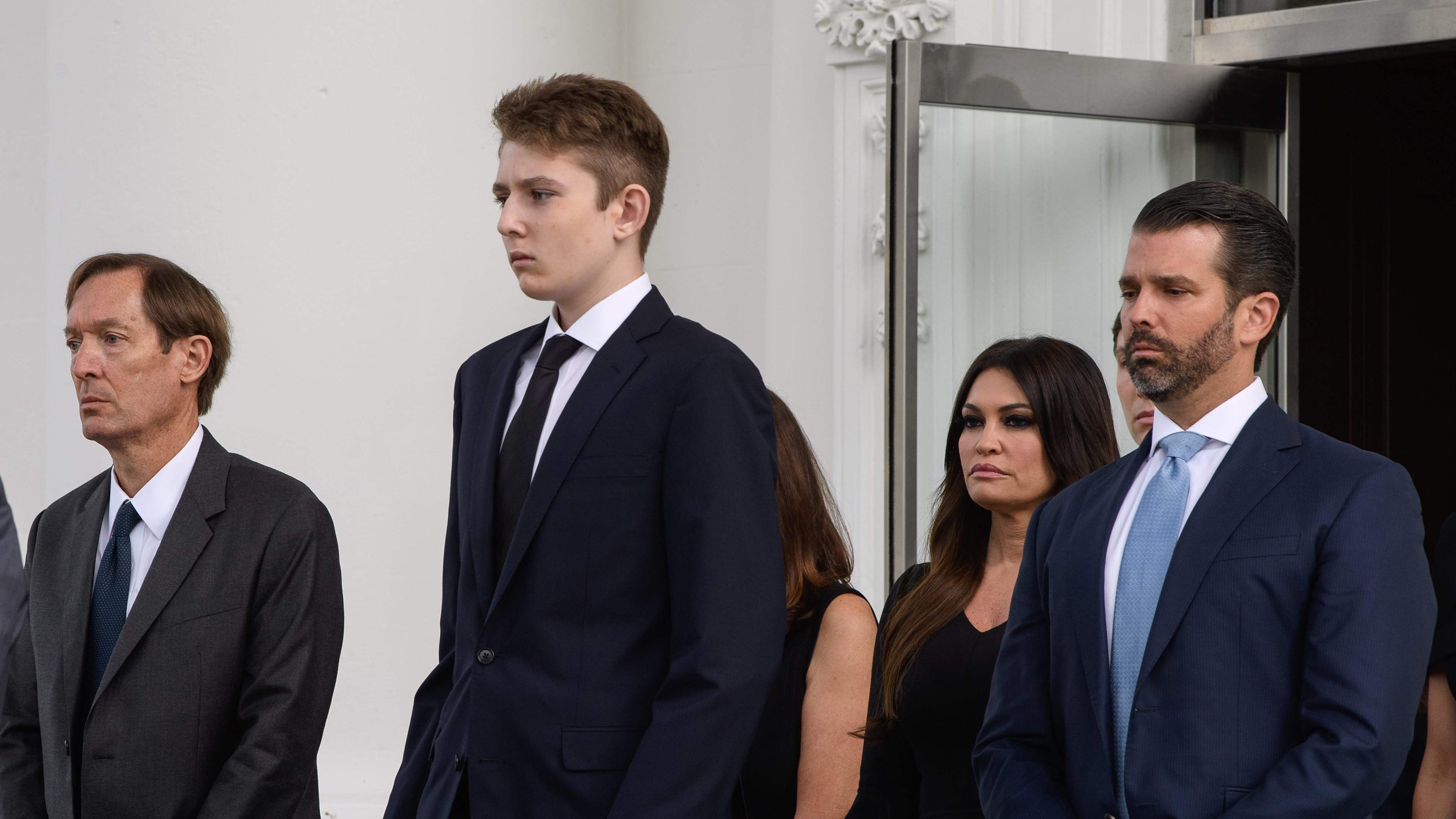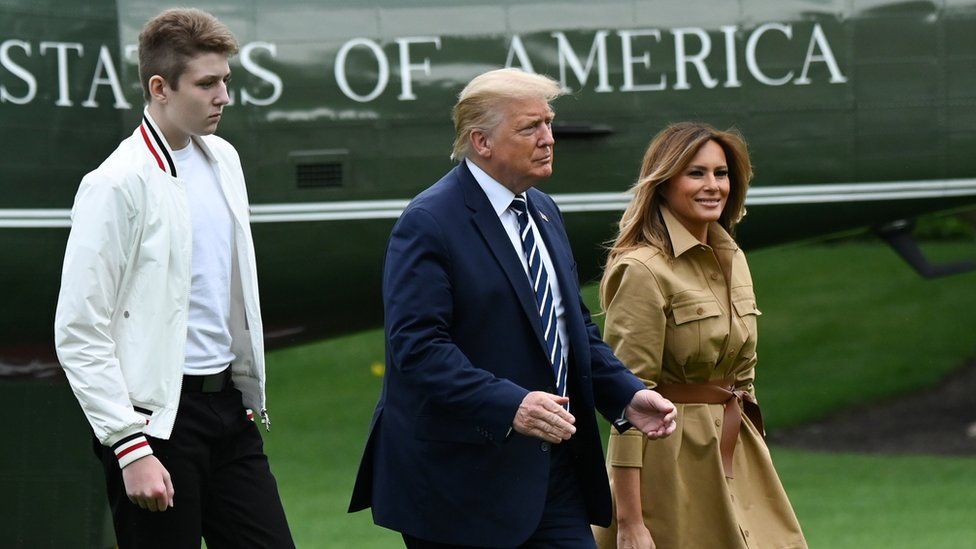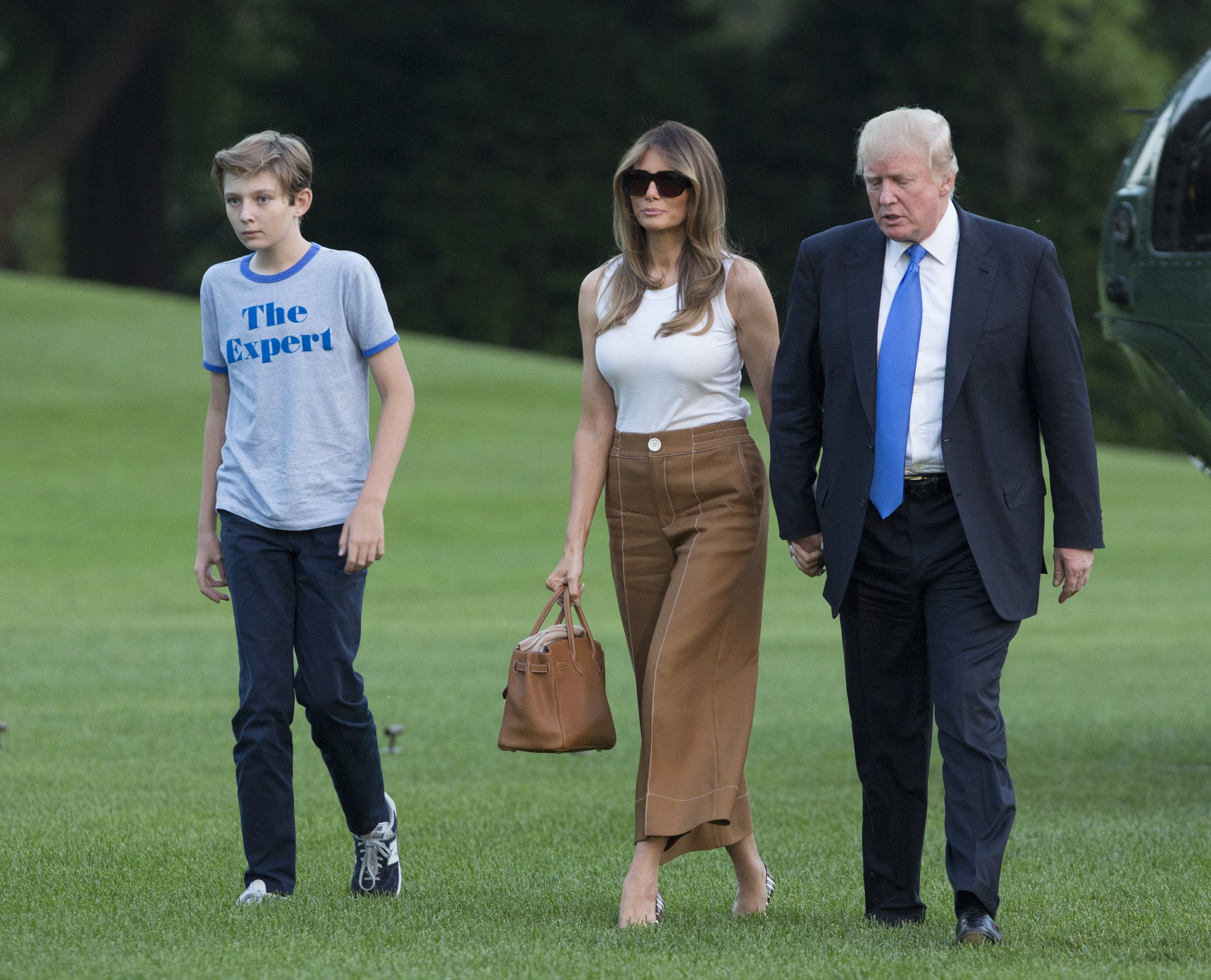The internet can be a cruel place, and few are immune to its relentless scrutiny. One particularly sensitive case involves Barron Trump, the youngest son of former President Donald Trump, who has been the subject of unfounded rumors regarding his potential autism diagnosis.
These rumors, which gained traction several years ago, have prompted responses from the Trump family, specifically former First Lady Melania Trump.
At the heart of the matter is the persistent online speculation about Barron Trump's neurodevelopmental status. The rumors originated from a viral 2016 YouTube video that analyzed his behavior at public events, suggesting possible signs of autism spectrum disorder.
The Origins of the Rumors
The YouTube video, viewed millions of times, dissected Barron Trump's mannerisms, focusing on instances of perceived repetitive behavior and social interaction. While the video claimed to offer "analysis," it lacked any professional or medical basis.
Its widespread dissemination fueled further speculation across social media platforms and online forums. This speculation, regardless of its veracity, had the potential to cause significant harm, particularly to a young individual in the public eye.
Melania Trump's Firm Denial
Melania Trump has consistently and vehemently denied the rumors. In fact, she condemned the speculation as "malicious" and even threatened legal action against those propagating the claims.
Most recently, in her 2024 memoir, Mrs. Trump directly addressed the rumors, stating unequivocally that Barron is not autistic. Furthermore, she highlighted the bullying he experienced as a direct result of the false allegations.
Her strong stance underscores the family's commitment to protecting Barron's privacy and well-being. She emphasized the importance of respect and accuracy when discussing sensitive personal matters, especially those involving children.
Expert Perspectives and the Dangers of Online Diagnosis
Experts in the field of autism have cautioned against drawing conclusions based on limited observations. Behaviors often attributed to autism can have multiple explanations, including shyness, anxiety, or simply individual personality traits.
A formal diagnosis of autism requires a comprehensive evaluation by qualified professionals, involving detailed observation, standardized assessments, and input from family members and educators.
The online speculation surrounding Barron Trump highlights the dangers of armchair diagnoses. Making pronouncements about someone's health or neurodevelopmental status without proper expertise is irresponsible and potentially harmful.
The Importance of Privacy and Respect
Perhaps the most important aspect of this situation is the need to respect the privacy of individuals, especially minors. Regardless of a person's public profile, everyone deserves to have their personal health information protected.
Spreading unverified information about someone's medical condition can lead to stigmatization, discrimination, and emotional distress. This is particularly true for children, who are more vulnerable to the negative effects of bullying and social exclusion.
Conclusion
To date, there is no credible evidence to suggest that Barron Trump has autism. His parents, Donald and Melania Trump, have publicly denied such claims and emphasized the importance of respecting his privacy.
Melania Trump's direct refutation of the rumors in her memoir serves as a clear statement on the matter. It also sheds light on the very real impact that online speculation can have on individuals and their families.
Ultimately, this situation underscores the need for responsible online behavior, particularly when discussing sensitive topics such as health and neurodevelopmental conditions. The well-being of individuals, especially children, must always be prioritized over sensationalism and unverified information.
